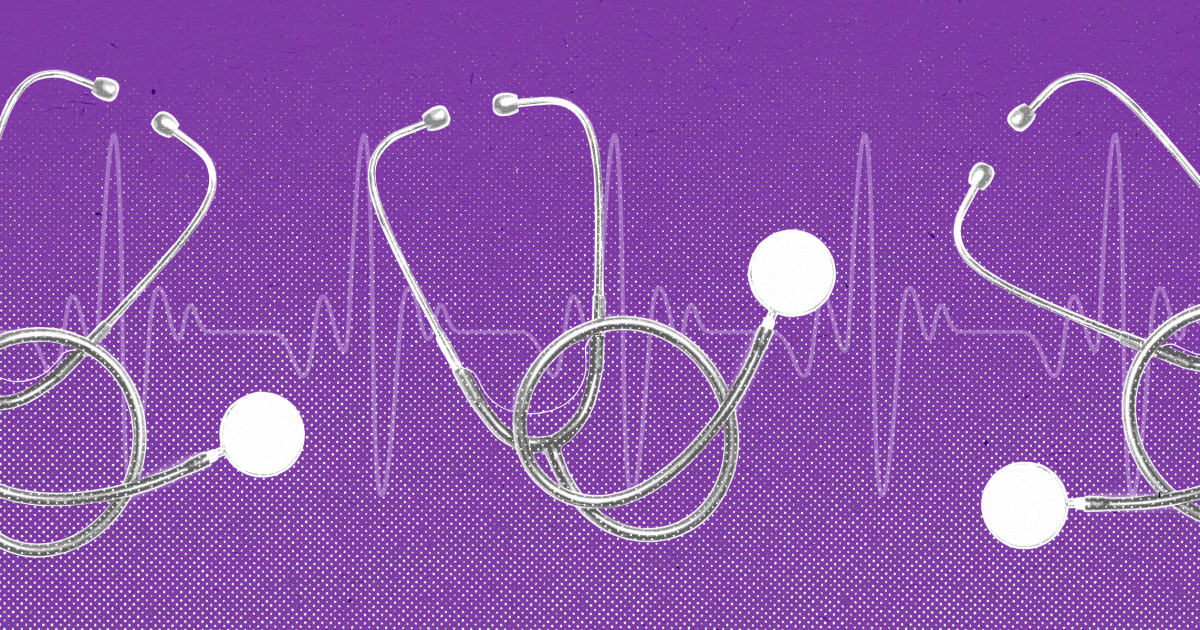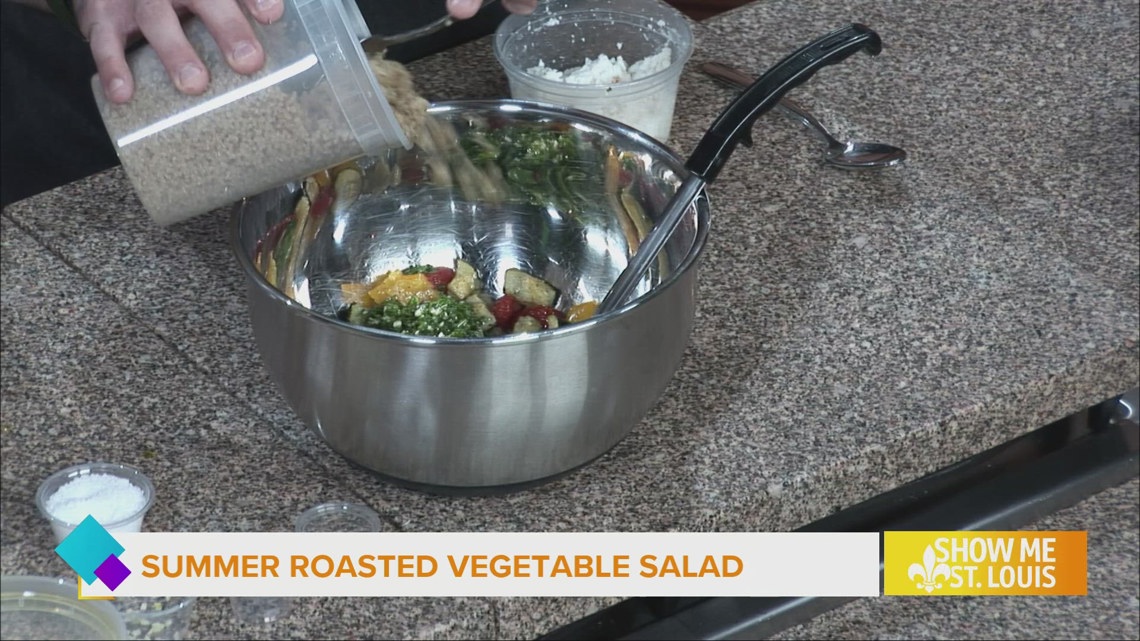Heart doctors can struggle with their weight just like their patients.
Weight gain sneaked up on Dr. Marc Eisenberg, a clinical cardiologist, after he didn’t step on a scale for a few years. He was shocked to discover he was 8 pounds heavier.
“I was a mess. I was so upset. That’s when it forced me to get the 8 pounds off,” Eisenberg, who is also an associate professor of medicine at the Columbia University Medical Center in New York, previously told TODAY.com.
Weight creep — or gradual weight gain year after year — is common as people age. But even modest weight gain between early adulthood and middle age can hurt health, raising the risk of heart disease, high blood pressure, obesity-related cancer and dying early, studies have found.
So Eisenberg devised a sustainable weight-loss plan that’s helped him keep calories in check and avoid feeling deprived.
Cardiologist Tip of the Day: Try the ‘Work Diet’
Eisenberg keeps his weight stable by following what he calls “the work diet.”
The rules are simple: He eats as nutritiously as possible during his work hours Monday through Friday.
For him, that means combining breakfast and lunch, a type of intermittent fasting, and waiting until 11 a.m. to have a protein-rich snack, such as a Greek yogurt, a scoop of tuna fish or a hard-boiled egg.
If someone in the office brings donuts, pizza or Chinese food, he skips it.
Why It Matters
Most people spend at least half of their waking hours at work. If you can prioritize a healthy diet for such a big chunk of the day, you’re on the right track.
And if you’re going to treat yourself to decadent or sweet foods, keep in mind you won’t enjoy them very much in a busy work setting.
“They’ll make me happy for like four minutes and I’m back to work stress,” Eisenberg says. “Only eat food when you could enjoy it, like later at night.”
How to Get Started
When at work, eat the healthiest diet possible, including heart-healthy foods such as nuts, seeds, yogurt, berries, dark leafy greens, and cold-water fatty fish like salmon, mackerel, tuna, herring and sardines.
Eisenberg then eats whatever he wants for dinner and whatever he wants on the weekends — though that still means following the heart-healthy Mediterranean diet as much as possible.
The eating plan focuses on vegetables, fruits, whole grains and legumes. Olive oil is the go-to healthy fat.
Sugar, highly processed foods, refined carbs, saturated fats and fatty or processed meats are kept to a minimum.
TODAY’s Expert Tip of the Day series is all about simple strategies to make life a little easier. Every Monday through Friday, different qualified experts share their best advice on diet, fitness, heart health, mental wellness and more.


